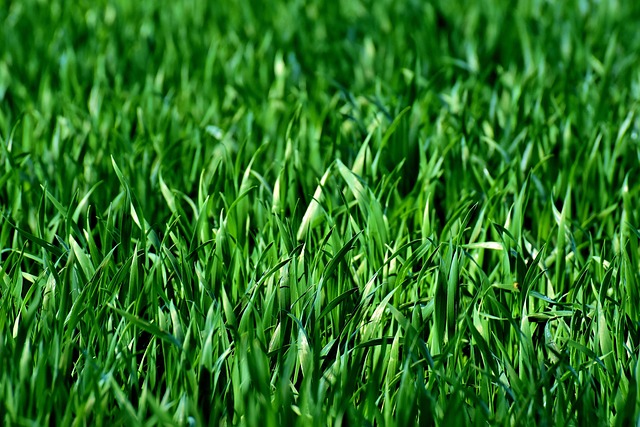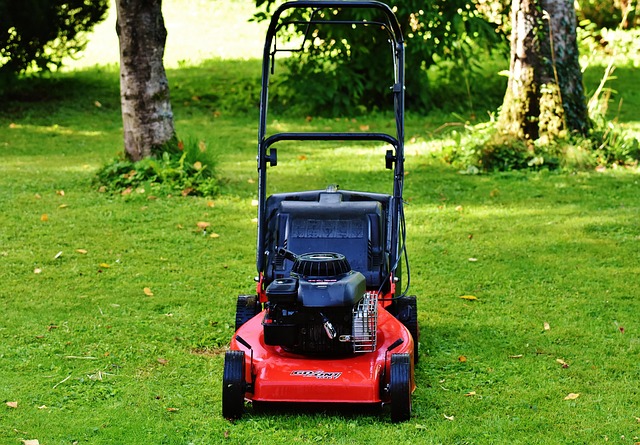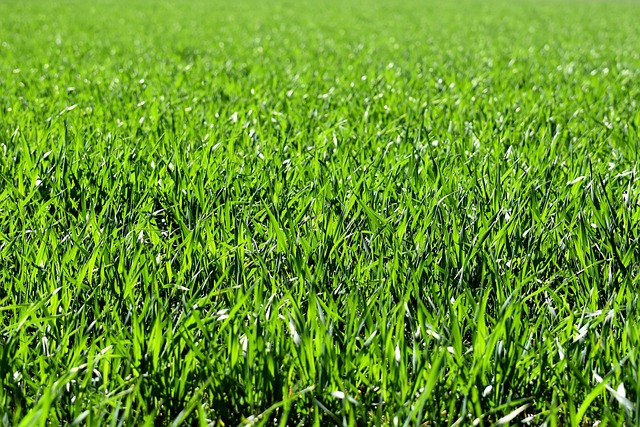Lawn compaction due to foot traffic or poor care is a major issue in Centennial's summers, hampering grass growth and exacerbating drought stress. To prepare lawns, minimize foot traffic, ensure proper irrigation by deep, infrequent watering, aerate regularly, use balanced fertilizers, and apply mulch for moisture conservation. These measures improve soil structure and resilience against the region's hot conditions. Proactive lawn care ensures turf health and vibrancy throughout the intense Centennial summers.
“In Centennial, preparing your lawn for the brutal summer heat goes beyond mere watering. Understanding and alleviating soil compaction is key to ensuring your lawn thrives during the hottest months. This article delves into the science behind lawn soil compaction, its adverse effects, and offers practical strategies tailored to Centennial’s climate. Learn how to fortify your turf, making it resilient against compacted soil, enabling it to flourish post-summer heatwave.”
- Understanding Lawn Soil Compaction and Its Effects in Centennial
- Strategies to Prepare Your Lawn for Summer Heat
- Maintaining a Healthy Lawn Post-Summer Heatwave
Understanding Lawn Soil Compaction and Its Effects in Centennial

Lawn soil compaction is a common issue in Centennial, particularly during the warm summer months. It occurs when the soil becomes densely packed, limiting air, water, and nutrient movement. This problem often arises from heavy foot traffic, intense rainfall, or improper lawn care practices. As the soil compacts, it can hinder grass growth, making your lawn appear thin and unhealthy. In Centennial, where summers are characterized by high temperatures and occasional droughts, compacted soil further exacerbates stress on lawns, making it crucial to understand and address this issue.
Preparing your lawn for the summer heat involves minimizing traffic on the grass and ensuring proper irrigation. Regularly aerating the soil can help alleviate compaction by creating small holes that allow for better water penetration and root development. Additionally, applying a balanced fertilizer and using mulch to conserve moisture are effective strategies in maintaining a healthy lawn. These practices not only improve soil structure but also enhance the overall resilience of your lawn against the harsh summer conditions in Centennial.
Strategies to Prepare Your Lawn for Summer Heat

Preparing your lawn for summer heat in Centennial involves a combination of strategic planning and proactive care. Start by assessing the current state of your lawn, looking for any signs of compaction or drought stress. Compacted soil is a common issue in Centennial due to heavy foot traffic and our dry climate, so consider using a core aerator to punch holes into the soil, allowing water, air, and nutrients to penetrate deeper. This simple step can significantly improve turf health during hot summer months.
Additionally, implement proper watering practices. Frequent, deep watering sessions are better than frequent light waters. Aim to provide about 1-2 inches of water per week, depending on weather conditions. Apply mulch around the base of plants and trees to retain soil moisture, reduce evaporation, and prevent weeds from taking hold. These strategies will not only help your lawn survive but also thrive during Centennial’s hot summer season.
Maintaining a Healthy Lawn Post-Summer Heatwave

After a long, hot summer in Centennial, maintaining a healthy lawn can be challenging due to soil compaction. To prepare your lawn for the heat and ensure it bounces back stronger, start by aerating your yard. Aeration helps relieve soil density, allowing better water, air, and nutrient penetration. This process promotes lush growth and root development, making your lawn more resilient.
In addition to aeration, proper watering is crucial. During hot periods, deep but infrequent watering encourages deeper root growth, resulting in a stronger, more drought-resistant lawn. Adjusting your sprinkler settings to reach the roots rather than just the surface will make a significant difference. Remember, a well-prepared lawn can better withstand summer heat, ensuring it remains vibrant and healthy throughout the season.
In preparing your lawn for the summer heat in Centennial, it’s clear that addressing soil compaction is a key strategy. By understanding the effects of compacted soil and implementing effective relief methods, you can foster a healthy, vibrant lawn capable of enduring extreme temperatures. Regular maintenance, including proper watering and aeration, will ensure your lawn remains in top condition throughout the summer heatwave and beyond.
